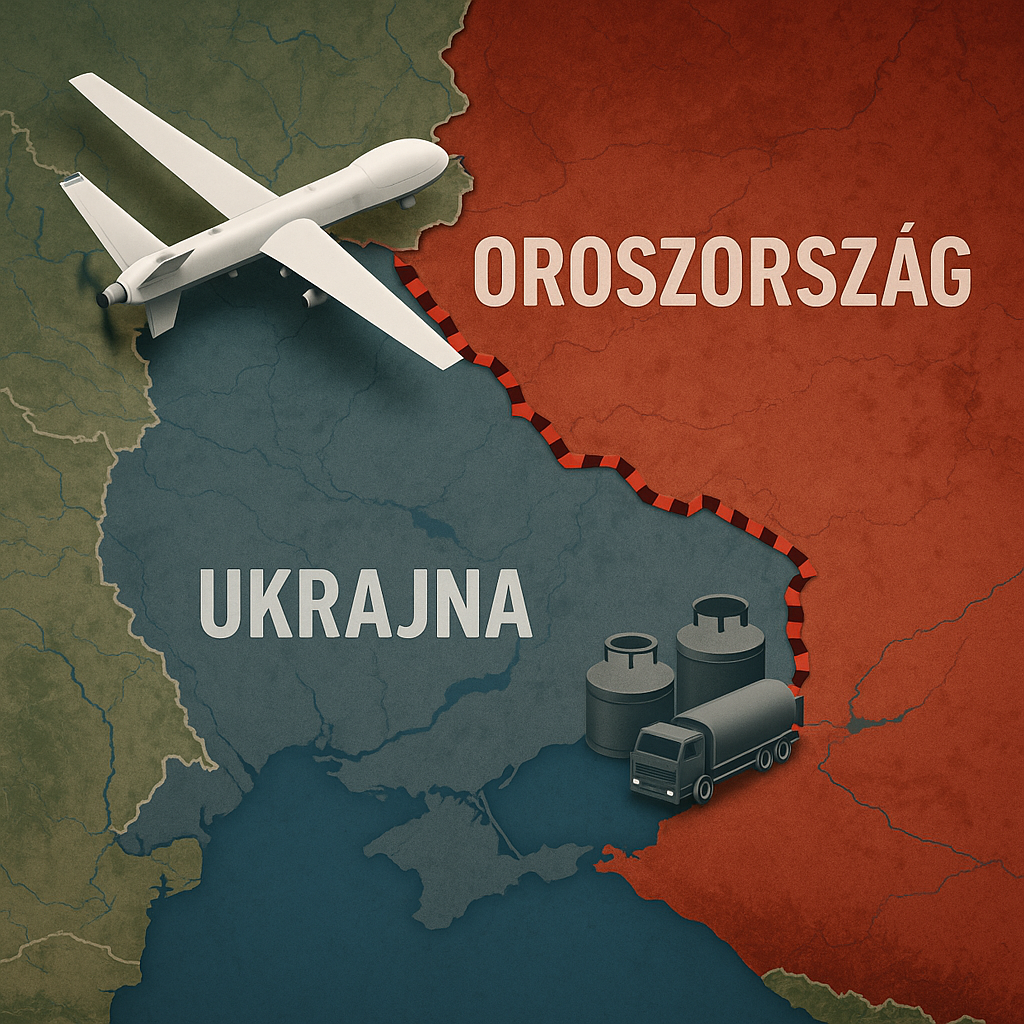A Háborús Tanulmányok Intézete (ISW) legfrissebb jelentése szerint Oroszország ma már a luhanszki régió 99 százalékát, valamint a donyecki területek mintegy 72 százalékát ellenőrzi. A frontvonalak mentén Pokrovszk városának elfoglalása az orosz hadsereg számára az utóbbi több mint két év legjelentősebb katonai sikere lehet, amely stratégiai fordulatot hozhat a keleti térségben zajló harcokban.
Az ukrajnai háború immár több mint ezer napja tart, és a hadműveletek súlypontja a keleti ipari övezetekre helyeződött. A Donbasz térségében mindkét fél hatalmas emberi és technikai erőket vet be, miközben a logisztikai és energetikai infrastruktúra mindkét oldalon folyamatos célpont. Az elmúlt hetekben az orosz üzemanyaghálózat elleni dróntámadások és szabotázsakciók felerősödtek, amelyek célja az utánpótlási útvonalak és a katonai üzemanyag-raktárak megbénítása.
A hadtudományi szakértők szerint ezek a támadások kettős hatást gyakorolhatnak a háború menetére. Egyrészt gyengíthetik Oroszország belső logisztikai kapacitását, hiszen a frontvonal több mint ezer kilométerre húzódik, és az üzemanyag-ellátás zavarai komolyan lassíthatják a nehézfegyverek és a páncélos egységek mozgását. Másrészt viszont az orosz hadigazdaság jelentős tartalékokkal rendelkezik, és képes lehet gyorsan átcsoportosítani erőforrásait, különösen a megszállt területek olaj- és energiahálózatain keresztül.
Az energetikai létesítmények elleni célzott csapások már nemcsak hadászati, hanem pszichológiai hadviselésként is értelmezhetők. Az infrastruktúra-károk hatással vannak a civil lakosság mindennapjaira, ami tovább növeli a háború kimerítő jellegét mindkét oldalon. Az üzemanyagrendszer elleni támadások üzenete világos: a háború már nem csupán a frontvonalakon, hanem a háttérlogisztikában is zajlik.
Az orosz haderő Pokrovszk térségében elért sikerei katonai szempontból előnyösek, ugyanakkor az üzemanyag-ellátás elleni folyamatos ukrán műveletek hosszú távon befolyásolhatják az orosz hadigépezet hatékonyságát. Egyre nyilvánvalóbb, hogy a háború jövőjét nemcsak a harctéri mozgások, hanem az ellátási hálózatok stabilitása is meghatározza.
A következő hónapok döntőek lehetnek: a hadviselés energetikai dimenziója egyre nagyobb szerepet kap, és a háború kimenetelét már nem csupán a fronton elért sikerek, hanem az ipari és logisztikai infrastruktúrák állapota is meghatározza majd.
Van véleményed? – Írd meg kommentben!
Szerinted az energetikai célpontok elleni támadások gyorsíthatják vagy inkább elhúzhatják a háború végét?

